Thought for the Day – 31 May – Meditations with Fr Richard Frederick Clarke SJ (1839-1900)
HUMILITY
Meditations for a Month
Chapter Five
What Humility is Not!
We are inclined, sometimes, to aim at a false humility and so to be hindered in our attainment of true humility. We must be on our guard against errors in this regard.
Humility does NOT consist in shutting our eyes to the talents, ability, graces and accomplishments which we possess. To do so is to refuse to acknowledge the good gifts which God has given us. If we have skill in music, in conversation, in painting, in languages, it is no humility to deny the fact. We ought to thank God for His goodness in bestowing upon us this talent. What is contrary to humility is to take the credit to ourselves and to plume ourselves on what we have received from God.
Humility does NOT consist in self-depreciation and in running ourselves down before others. This is often a cloak for pride. Sometimes its object is to obtain, from others, the praise we deny to
ourselves; sometimes it is a marked expression of discontent. The continual song, “What a poor worm I am!” is very much opposed to the spirit of the Catholic Church and to the cheerfulness which every Christian ought to show in his words.
Nor does humility consist in, or even admit of discouragement. If we are discouraged, it generally means that we think more about our own success than about the glory of God. It means that we are not perfectly resigned; it means that our pride is wounded and our self-will thwarted, or that we have worldly motives in what we do and seek honour from men and not from God. True humility is willing to fail in its projects, if God so wills it.
Examine yourself on these particulars and see whether yours is true or false humility!?
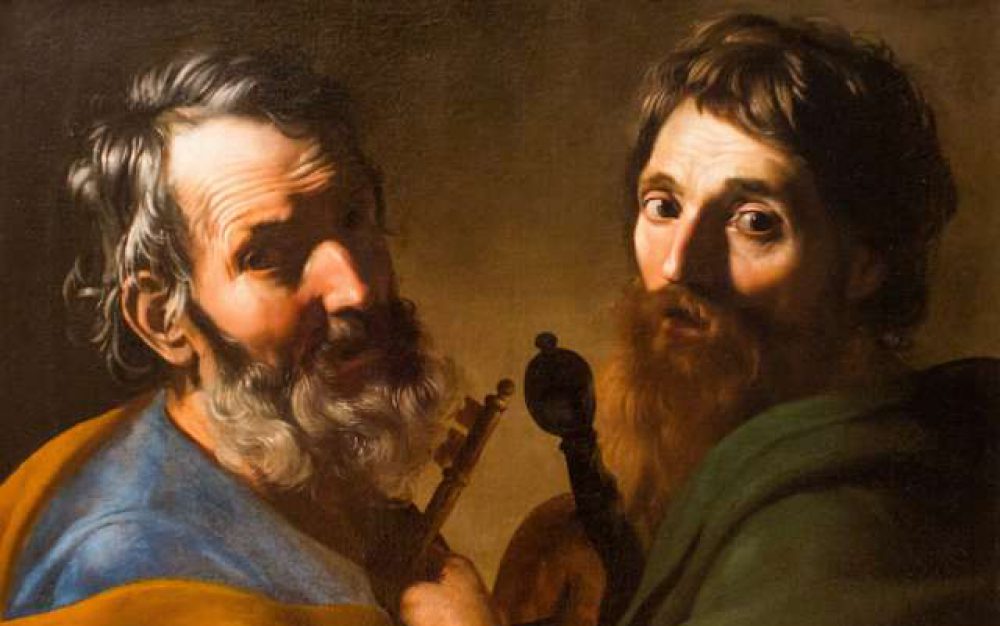
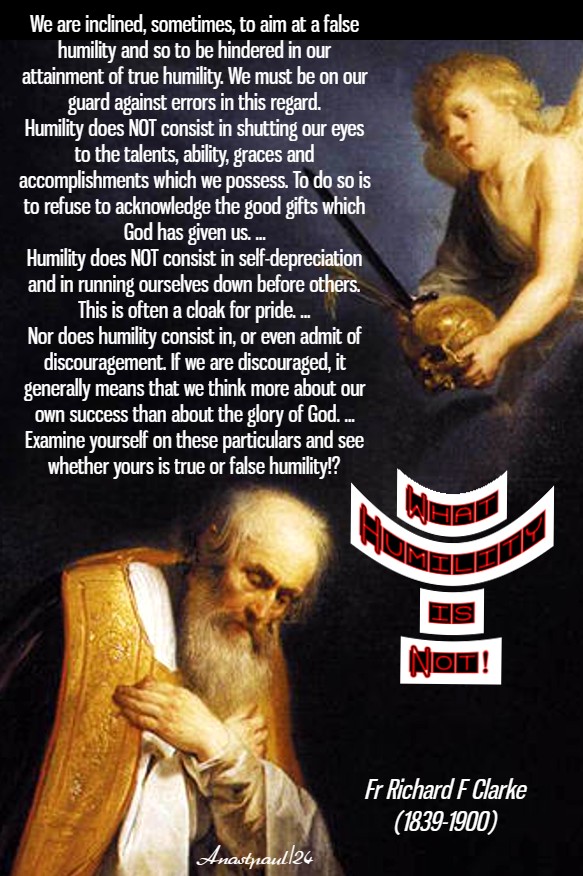



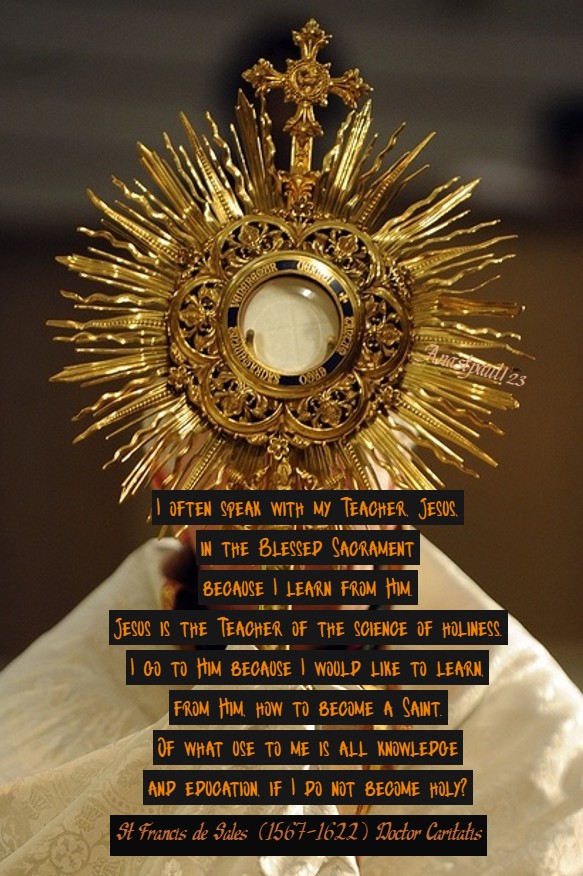
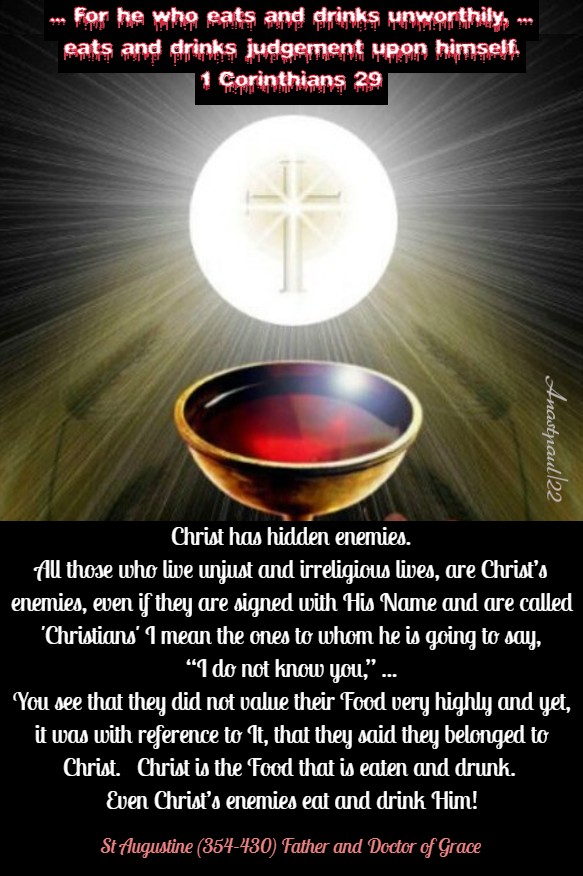







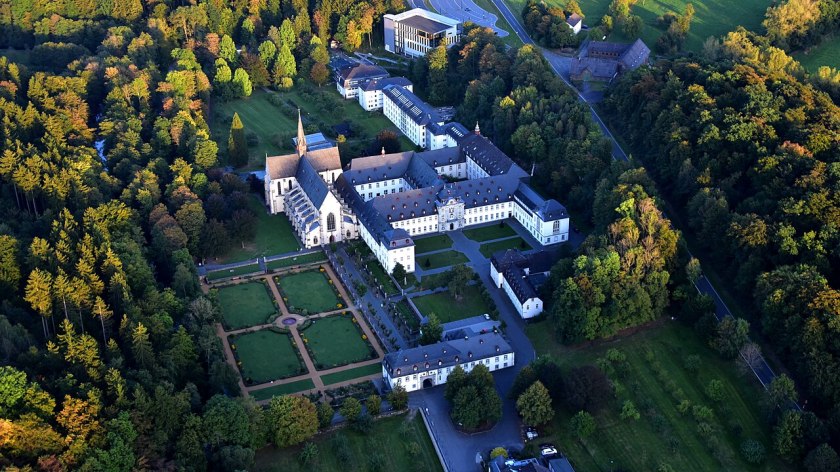
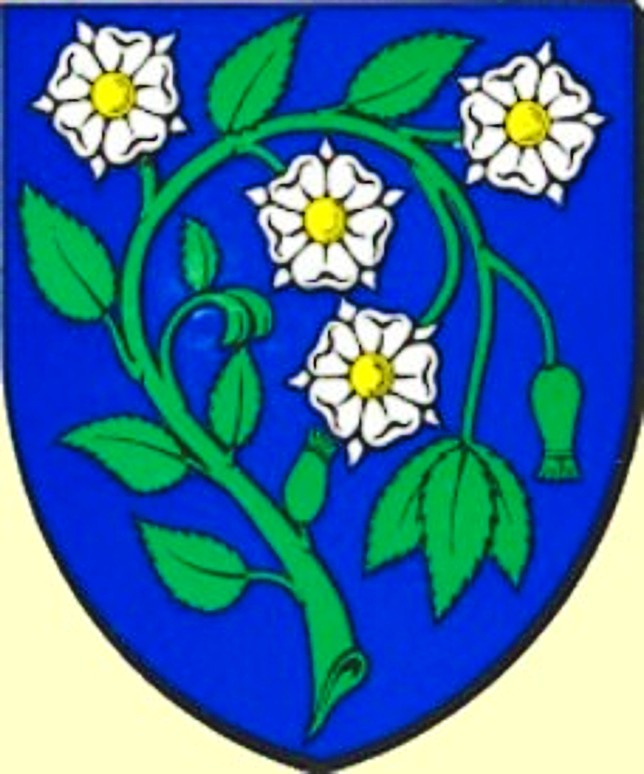
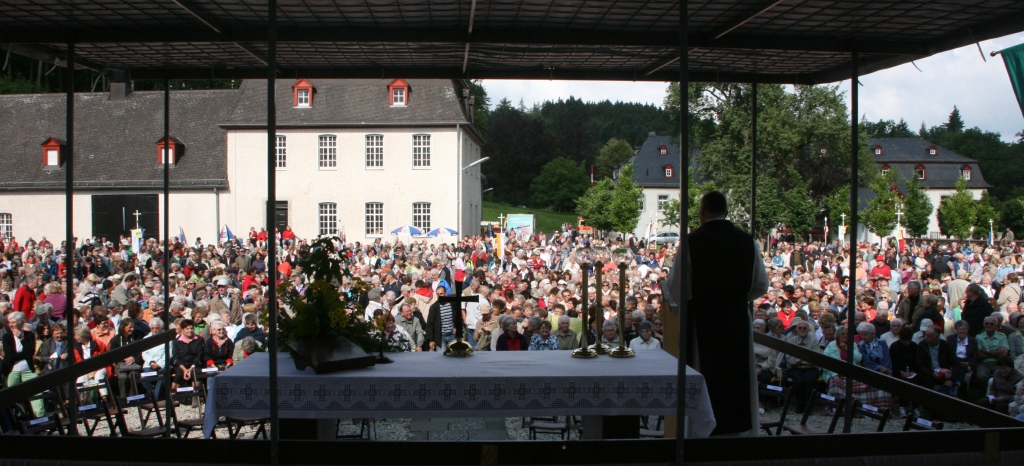


You must be logged in to post a comment.